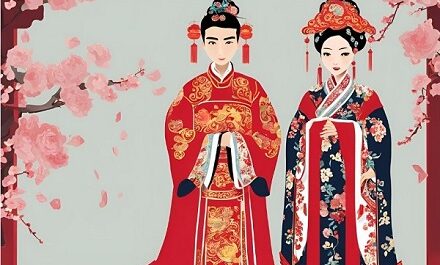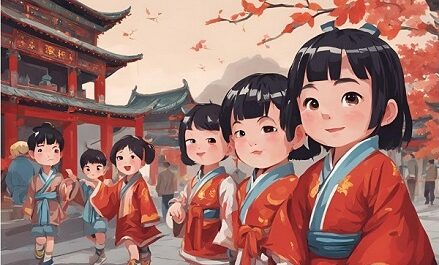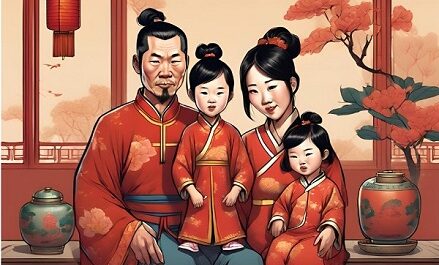Learn Chinese Idiom with Pinyin and English

- Idiom in Chinese-儿女夫妻。
- Pinyin of Idiom– ér nǚ fū qī.
- Idiom’s Meaning in English-“Er Nv Fu Qi” refers to a couple who is deeply attached to each other, as if they were a husband and wife in a traditional Chinese family. This idiom expresses the strong bond and affection between two people who share a close and intimate relationship.
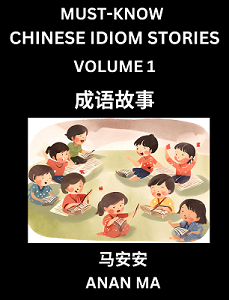
Chinese Idiom Stories Books (HSK All Levels):
- Books to Learn Chinese Idiom Stories (Part 1)
- Books to Learn Chinese Idiom Stories (Part 2)
- Books to Learn Chinese Idiom Stories (Part 3)
Learn Chinese Idiom Story in English (成语故事的英文)
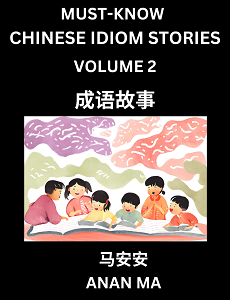
In an ancient village, there were two young lovers, Li Ming and Wang Fang. They grew up together as childhood sweethearts and developed a deep bond. When Li Ming proposed to Wang Fang, both of them were overjoyed. They supported each other through the ups and downs of life. Li Ming worked hard, while Wang Fang was diligent and thrifty in running their cozy home. The elderly in the village admired them and said, “They are truly like a husband and wife in a traditional family, with such deep affection and lasting love.”
Learn Idiom Story in Chinese (成语故事)
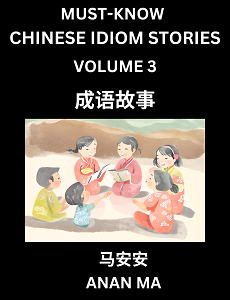
在古代的一个小村庄里,有一对年轻的恋人——李明和王芳。他们青梅竹马,一同长大,感情深厚。当李明提出要与王芳结为夫妻时,两人都非常开心。他们互相扶持,共同面对生活中的种种困难。李明努力工作,王芳则勤俭持家,他们一起经营着温馨的小家。村里的老人都羡慕地说:“他们真是儿女夫妻,情深意长啊!”
Learn Keywords with English, Simplified Chinese Characters, and Pinyin (关键词)
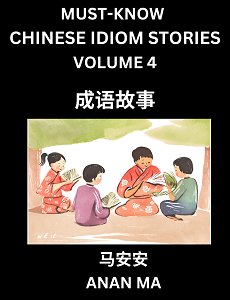
- 青梅竹马 (qīng méi zhú mǎ): Childhood sweethearts
- 结为夫妻 (jié wéi fū qī): Get married
- 互相扶持 (hù xiāng fú chí): Support each other
- 勤俭持家 (qín jiǎn chí jiā): Work hard and be thrifty in running a household
Pinyin of Idiom Story (故事的拼音)
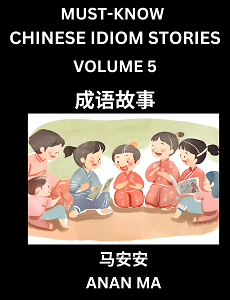
Zài gǔdài de yīgè xiǎo cūnzhuāng lǐ, yǒuyī duì niánqīng de liànrén——lǐ mínghé wáng fāng. Tāmen qīngméizhúmǎ, yītóng zhǎng dà, gǎnqíng shēnhòu. Dāng lǐ míng tíchū yào yǔ wáng fāng jié wéi fūqī shí, liǎng rén dōu fēicháng kāixīn. Tāmen hùxiāng fúchí, gòngtóng miàn duì shēnghuó zhōng de zhǒngzhǒng kùnnán. Lǐ míng nǔlì gōngzuò, wáng fāng zé qínjiǎn chíjiā, tāmen yīqǐ jīngyíngzhe wēnxīn de xiǎo jiā. Cūnlǐ de lǎorén dōu xiànmù de shuō:“Tāmen zhēnshi érnǚ fūqī, qíng shēnyì zhǎng a!”
